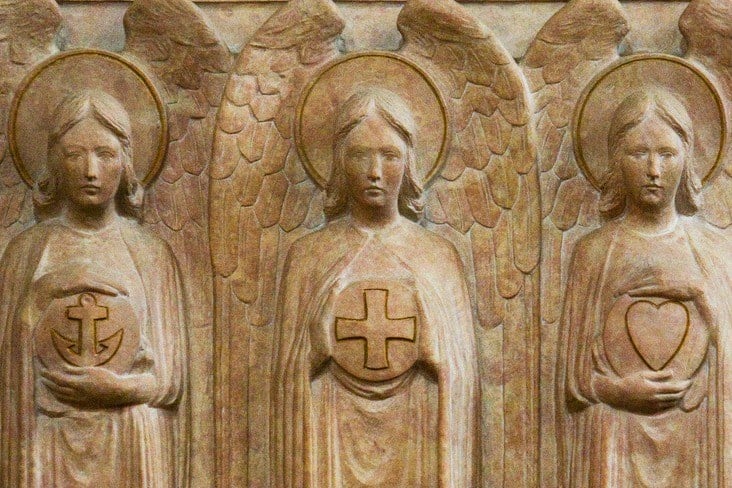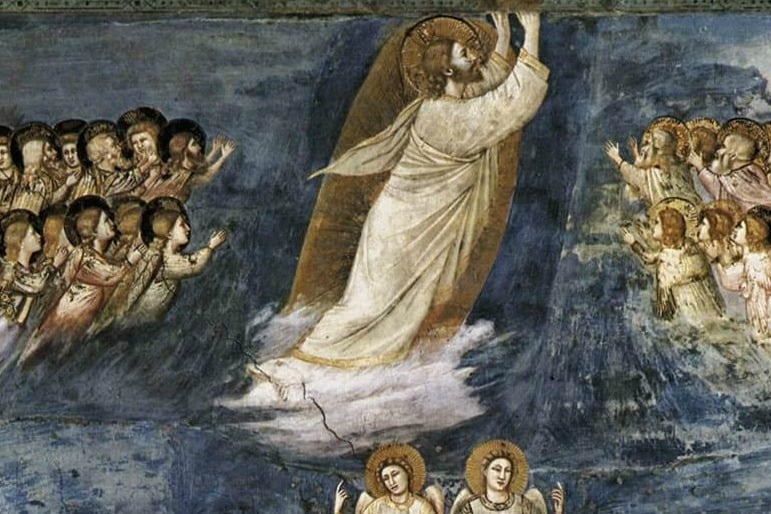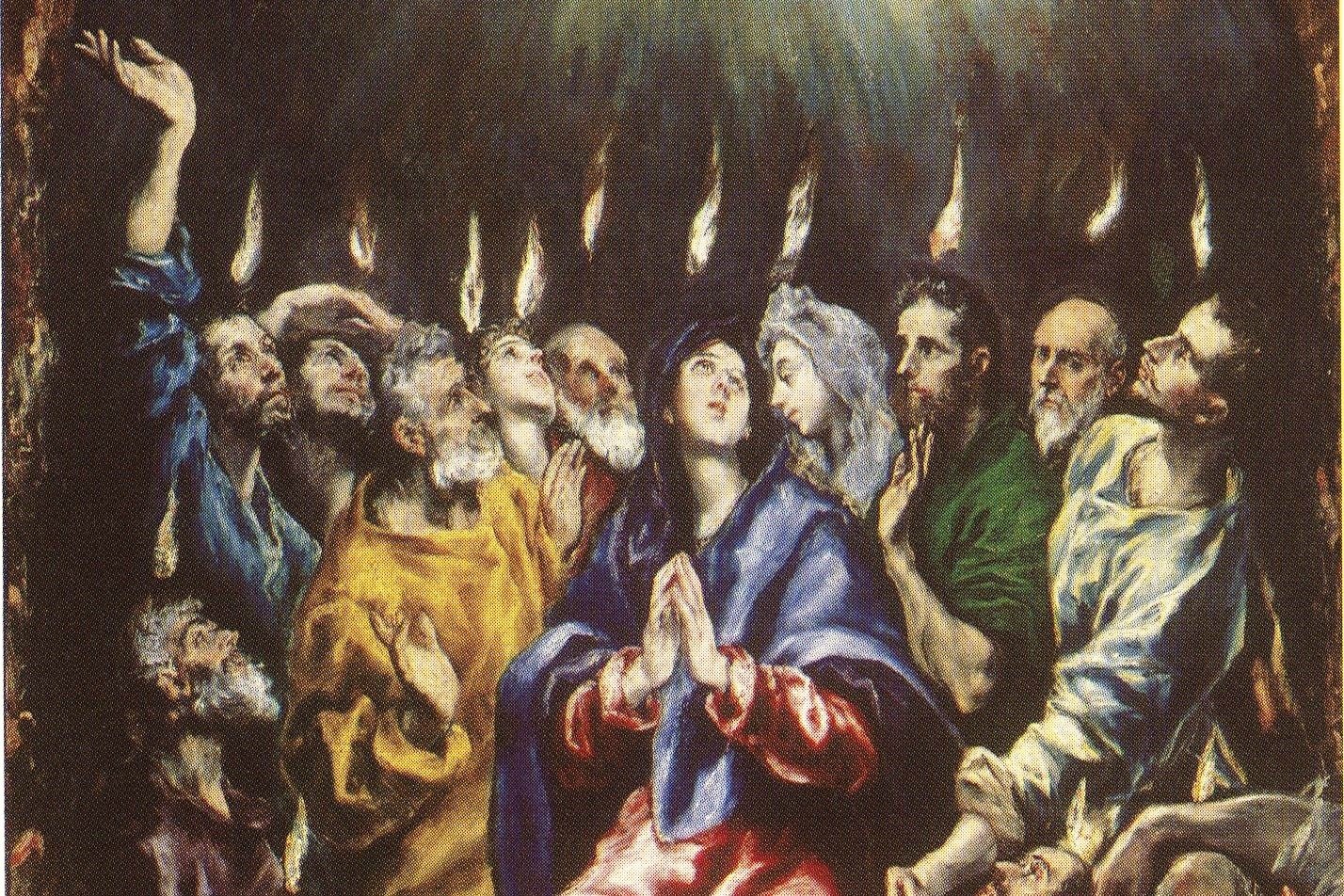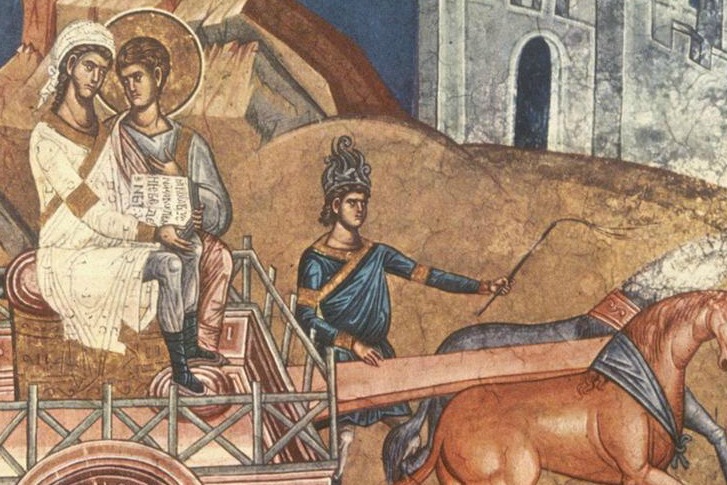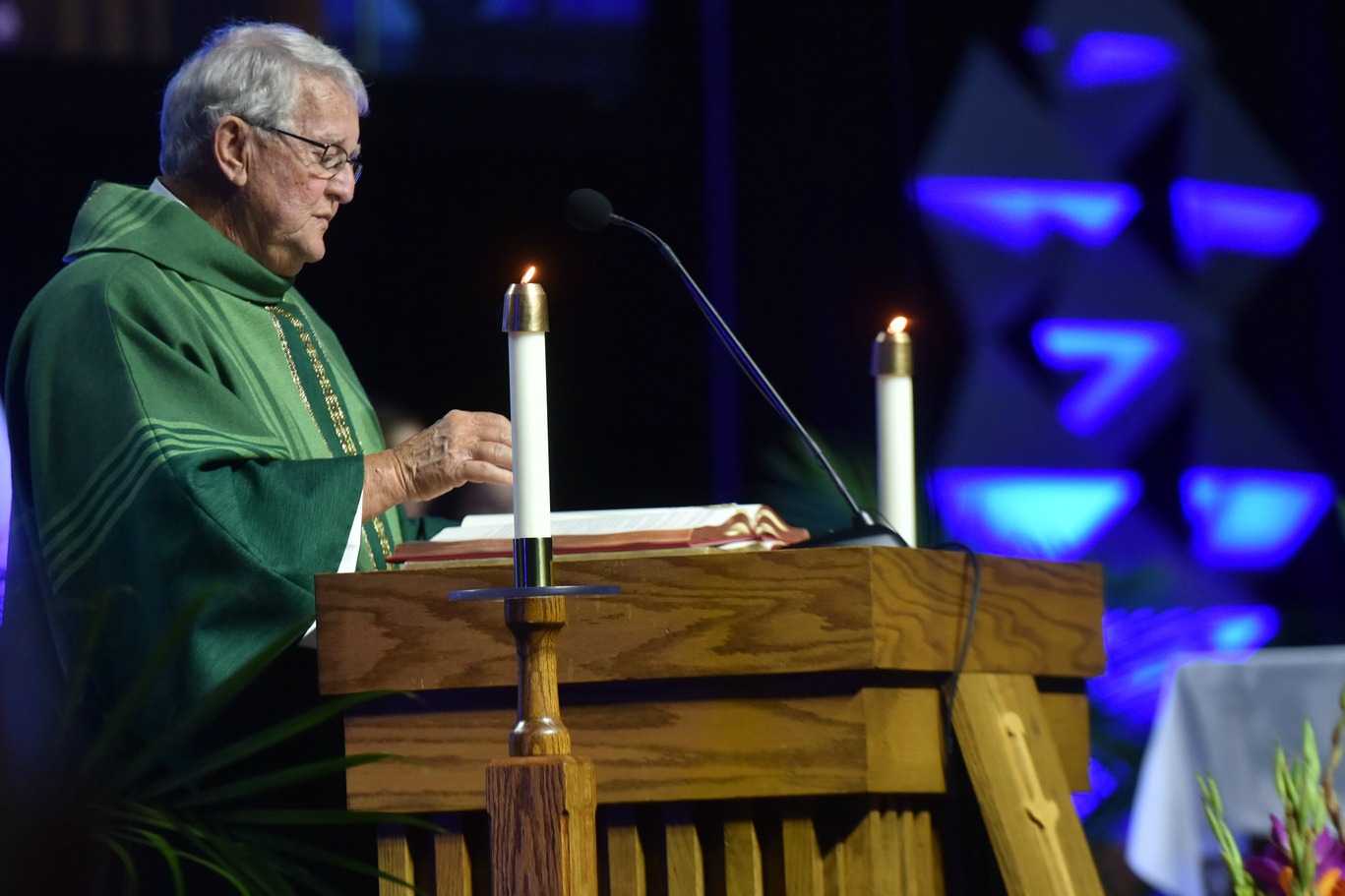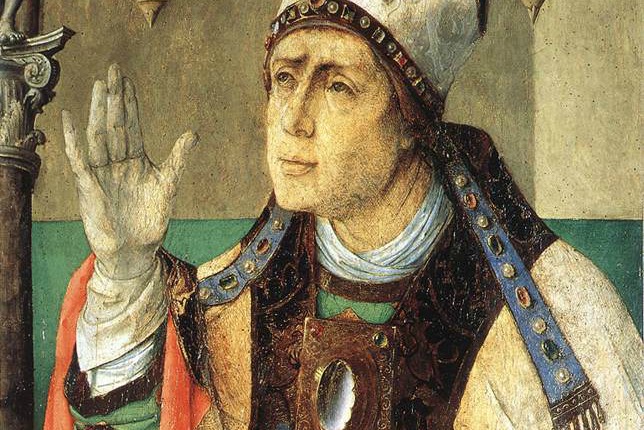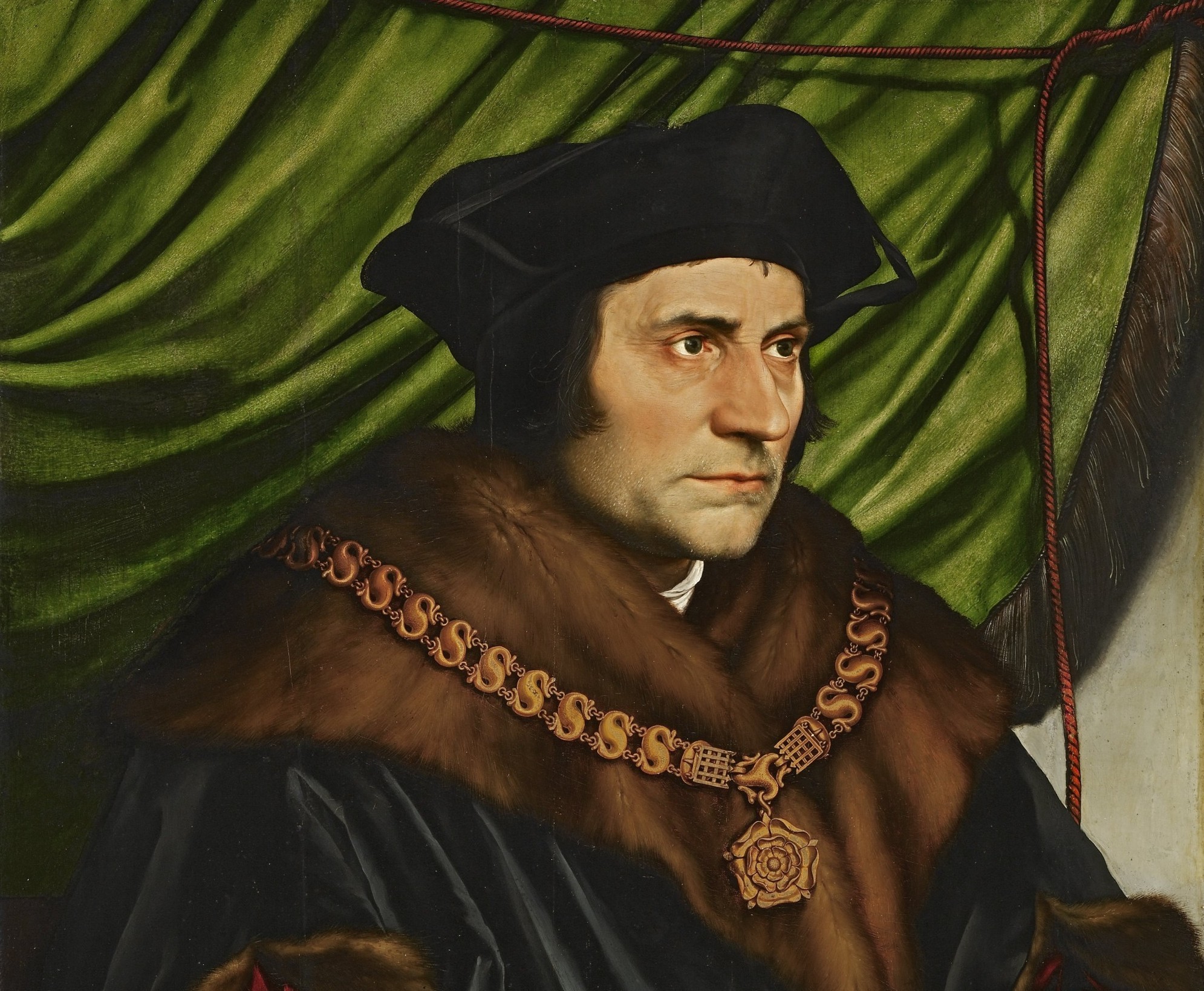Moral theology has traditionally explored how people act in the world (“moral”) in the context of their faith in God (“theology”). This volume purposely examines morality in the context of Christian belief. What difference does faith make in how a person lives his or her life? Surely a person of faith engages in certain distinctive activities, such as going to church, praying, and reading the Bibl...
All posts filed under: ESSAYS
Theology / Essays / Archive / cardinal virtues / charity / discipleship / justice / love / prudence / temperance / faith / Featured / fortitude / Hope / moral virtue / morality / theological virtues / williamcmattisoniii
On Teaching Christianity
Did you ever wonder how the Apostle Paul might have been evangelized? He gives us a hint in a famous passage in 1 Corinthians 15:
Theology / Essays / Archive / catechesis / Dei Verbum / divine revelation / doctrine / Featured / johncavadini / St. Augustine
It is well known that the reforms of the liturgy associated with Vatican II had as their goal greater participation on the part of all. Many things changed in the external celebration of the rites designed to facilitate this, and those changes have borne abundant fruit. But the renewal of the liturgy also wished to provide a fresh understanding of the meaning of the rites, a deeper theological gra...
Theology / Essays / Archive / Catechism / liturgy / Trinity / Paschal mystery / sacramental theology
"Verbum Domini": Preaching and the Personal Encounter with Christ
The Synod on the Word of God in October 2008 represented a theological and pastoral preparation for the Synod on the New Evangelization in 2012. Pope Benedict XVI begins the apostolic exhortation deriving from the former by expressing his desire “to point out certain fundamental approaches to a rediscovery of God’s word in the life of the Church as a wellspring of constant renewal” (Verbum Domini,...
Theology / Essays / Archive / Jesus Christ / preaching / Verbum Domini / michaeljbyrnes / New Evangelization / Scripture
Preaching as Worship: Progress and Ongoing Issues in Roman Catholicism
Introduction: The Catholic Turn of the Word
The year is 1961. Father Smith, longtime Irish pastor of St. Mary’s Parish, has just concluded the reading of the Gospel—in Latin, of course. The people are seated, and Smith begins the announcements. “The Knights of Columbus will be having their monthly Fish Fry this Friday. . . . The Ladies’ Sodality is collecting canned goods for the poor. . . . Don’t...
Theology / Essays / Archive / liturgy / preaching / Vatican II / michaelconnorscsc / Pope Benedict XVI / Pope Francis / Pope John Paul II / Scripture / Word of God
Augustine's Homiletic Meteorology
Augustine was a fantastic preacher. How do we know that? We get a glimpse of his popularity as a preacher from some of the asides that he addresses to his congregation. At the end of his “exposition” or sermon on Psalm 38, which runs twenty-five pages in English translation and would probably have taken about an hour to preach, Augustine tells his congregation, somewhat bluntly, “Well, brothers an...
Theology / Essays / divine revelation / Incarnation / preaching / exegesis / johncavadini / Scripture / St. Augustine
I am going to start at the section of Pope Francis’ encyclical Laudato Si’ that I found most troubling and work up from there. I must say that since there are a lot of troubling sections, it was hard to choose, but that being said, here is my pick:
What does it mean to say, as Pope Francis did in 2013, that “we need to work harder to develop a more profound theology of the woman”?[1] For that matter, what would it mean to say that we need a more profound theology of manhood? For many in the Church today, particularly in the United States, this is a moot question, as even implying that there are essential differences between women and men is ...
Asceticism as Healing Art
Healing takes many different forms because it is a response to many different kinds of threats. A cut and a broken leg are each healed differently because the damage is different; nevertheless, the same end is sought in both cases. The root of the word “heal” in old English (haelan) means to cure, to save, to make whole, sound, and well. That must further explain why we can apply the word metaphor...
Saints are lights; lights flash and flare, sometimes in their own time, and sometimes later as what was hidden comes to the light. The acceptance of this light is no more automatic than the acceptance of the most effulgent light of all, the Light of light who came into the world and shone in the darkness. When John says in the fourth Gospel that “the world knew him not” (Jn 1:10), he doesn’t mean ...

